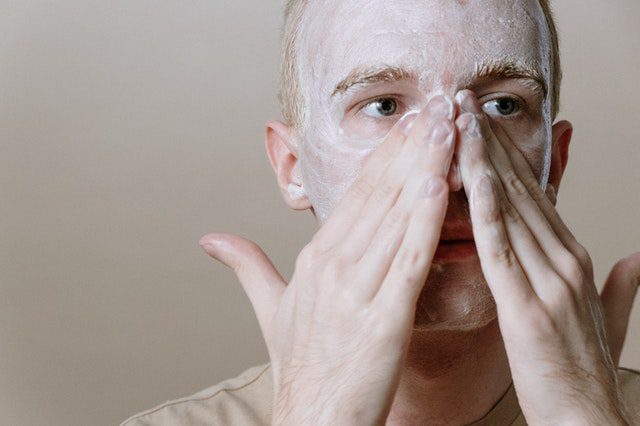Uses
Clioquinol topical is used to treat skin infections such as eczema, athlete’s foot, jock itch, and ringworm.
This medication is sometimes prescribed for other uses; ask your doctor or pharmacist for more information.
Side Effects Of Clioquinol Topical
Clioquinol topical may cause side effects. If you experience any of the following symptoms, call your doctor immediately:
- itching
- burning
- irritation or stinging
- redness
- swelling
Warnings & Precautions
Before using clioquinol topical:
- tell your doctor and pharmacist if you are allergic to clioquinol or any other drugs.
- tell your doctor and pharmacist what prescription and nonprescription drugs you are taking, including vitamins.
- tell your doctor and pharmacist if you are about to take a thyroid function test.
- tell your doctor if you are pregnant, plan to become pregnant, or are breast-feeding. If you become pregnant while using clioquinol topical, call your doctor.
Clioquinol Topical Dosage
Clioquinol comes as a cream, lotion, and ointment to apply to the skin. Clioquinol is usually used two to four times a day for 4 weeks (2 weeks for jock itch). Follow the directions on the label carefully, and ask your doctor or pharmacist to explain any part you do not understand. Use clioquinol topical exactly as directed. Do not use more or less of it or use it more often than indicated on the product label.
Thoroughly clean the infected area, allow it to dry, and then gently rub the medication in until most of it disappears. Use just enough medication to cover the affected area. You should wash your hands after applying the medication.
Other
Keep all appointments with your doctor. Clioquinol is for external use only and may stain your clothes, hair, skin, and nails yellow. Do not let clioquinol get into your eyes or mouth, and do not swallow it. Do not apply cosmetics, lotions, or other skin products to the area being treated unless your doctor tells you.
Do not let anyone else use your medication. If you still have the symptoms of infection after you finish the clioquinol topical, call your doctor.
It is important for you to keep a written list of all of the prescription and nonprescription (over-the-counter) medicines you are taking, as well as any products such as vitamins, minerals, or other dietary supplements. You should bring this list with you each time you visit a doctor or if you are admitted to a hospital. It is also important information to carry with you in case of emergencies.
Source
All information has been provided courtesy of MedLinePlus from the National Library of Medicine and from the FDA.



